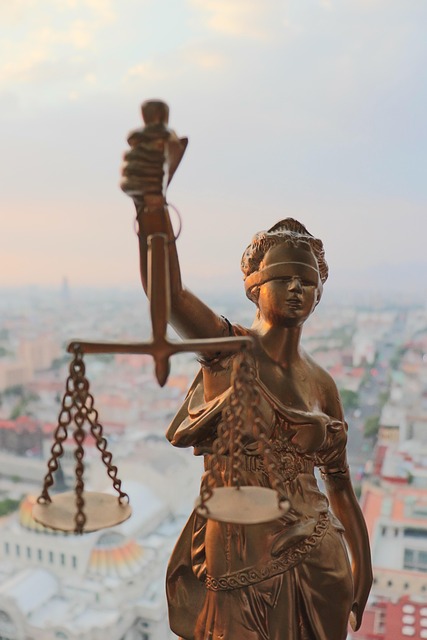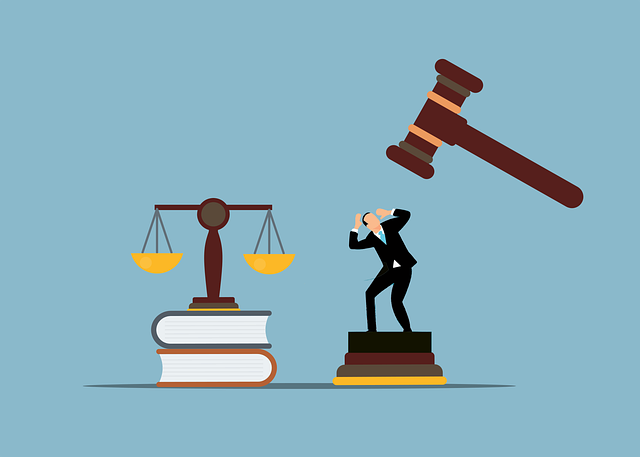Public corruption charges, governed by jurisdiction-specific statutes, carry severe penalties. Understanding defamation case outcomes and settlements is crucial for businesses and individuals navigating legal complexities. Successful defenses protect against punishment, preserve justice system integrity, and shape public perception. High-profile scandals highlight challenges in achieving justice for white-collar crimes. Analyzing settlement agreements provides insights into strategies and factors influencing leniency. Defamation outcomes significantly impact public perception and legal tactics, with many opting for settlements to avoid reputational risks.
Public corruption charges cast a long shadow, impacting not just individuals but society at large. This article delves into the complex landscape of public corruption, exploring key aspects through three focused sections. We begin by understanding the definitional and legal framework surrounding these charges. Subsequently, we analyze remarkable defamation case outcomes, including settlements and trials that have shaped the narrative. Finally, we dissect recent scandals to draw lessons from analyzed settlements in public corruption cases, shedding light on prevention and accountability.
- Understanding Public Corruption Charges: Definitions and Legal Framework
- Defamation Case Outcomes: When Accusations Lead to Settlement or Trial
- Analyzing Settlements in Public Corruption Cases: Lessons from Recent Scandes
Understanding Public Corruption Charges: Definitions and Legal Framework

Public corruption charges encompass a range of illegal activities involving public officials or those with significant influence misusing their power for personal gain. This can include bribery, fraud, and abuse of office. The legal framework surrounding these charges varies by jurisdiction, but common elements involve detailed statutes and regulations that define and penalize such misconduct. In many cases, these crimes carry severe penalties, including substantial fines and imprisonment.
Understanding the nature of public corruption is crucial for both corporate and individual clients navigating complex legal landscapes. Defamation case outcomes and settlements play a significant role in shaping public perception and legal precedents. A successful defense strategy can lead to the complete dismissal of all charges, demonstrating the importance of robust legal representation in challenging these allegations. Winning challenging defense verdicts not only protect individuals and entities from undue punishment but also uphold the integrity of the justice system.
Defamation Case Outcomes: When Accusations Lead to Settlement or Trial

In many cases involving public corruption charges, the outcome often unfolds as a complex narrative between accusations and defenses. When allegations of defamation are leveled, the path forward can lead to either a settlement or a trial. Settlements, though not always public, play a significant role in defusing contentious situations. This resolution allows for some level of closure, ensuring that individuals accused of corruption have an opportunity to regain their reputations within the respective business, political, and philanthropic communities they once thrived in.
Trials, on the other hand, offer a platform for all evidence and testimonies to be laid bare. The outcome can either exonerate the accused or result in consequences that vary based on the severity of the corruption charges. For his clients, successful legal defenses not only protect against criminal penalties but also help restore their public standing, which is crucial for future endeavors.
Analyzing Settlements in Public Corruption Cases: Lessons from Recent Scandes

In recent years, several high-profile public corruption scandals have shed light on the complexities of securing just outcomes in cases involving corporate and individual clients accused of white collar crimes. Analyzing the settlement agreements and case outcomes provides valuable insights into how the legal system navigates these intricate matters. By examining these settlements, we can glean important lessons about negotiating strategies, the role of cooperation, and the factors that influence leniency for both corporations and individuals.
Defamation case outcomes and settlements play a significant role in shaping public perception and future legal tactics. In many instances, accused parties opt for settlement agreements to avoid prolonged litigation and its potential detrimental effects on their reputations. These settlements often involve substantial monetary compensation, but the terms can vary widely depending on the specific circumstances of each case. Understanding these variations offers valuable guidance for both defense attorneys advocating for their clients and prosecutors seeking justice in public corruption cases.
Public corruption charges, as explored through definitions, legal frameworks, and real-world cases, underscore the delicate balance between holding public officials accountable and ensuring due process. Understanding the nuances of defamation case outcomes, whether they lead to settlements or trials, is crucial for navigating the complex landscape of public integrity. By analyzing recent settlements in public corruption cases, we gain valuable insights that can inform future strategies for transparency, justice, and reform. These lessons are vital for fostering a more accountable and responsive governance system, where both citizens’ rights and the rule of law are upheld.






